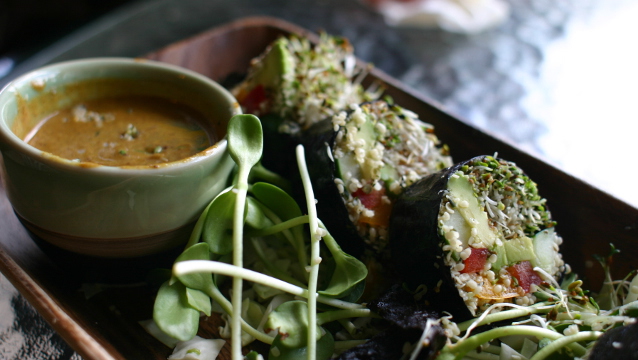 FLICKR, TIFOTTER
FLICKR, TIFOTTER
Selections from The Scientist’s reading list:
- Scientists have long lamented human nutrition–related study designs and the reliability of dietary data. In a Mayo Clinic Proceedings report published this month (June 9), researchers from the University of Alabama at Birmingham and the University of Queensland School of Medicine in New Orleans, critique memory-based dietary assessment methods (M-BM). Because they rely on people’s abilities to accurately recall their nutritional habits, the authors argued these methods are flawed. The authors “conclude that M-BM data cannot be used to inform national dietary guidelines and that the continued funding of M-BMs constitutes an unscientific and major misuse of research resources.”
- “[D]ata promised by organs-on-a-chip could accelerate drug development and allow researchers to carry out experiments too risky for human volunteers.” — The Economist, “Towards a Body-on-a-Chip,” June 13
- Researchers in Puglia, Italy, investigating the bacterium Xylella fastidiosa are...
Interested in reading more?

The Scientist ARCHIVES
Become a Member of
Receive full access to more than 35 years of archives, as well as TS Digest, digital editions of The Scientist, feature stories, and much more!
Already a member?



